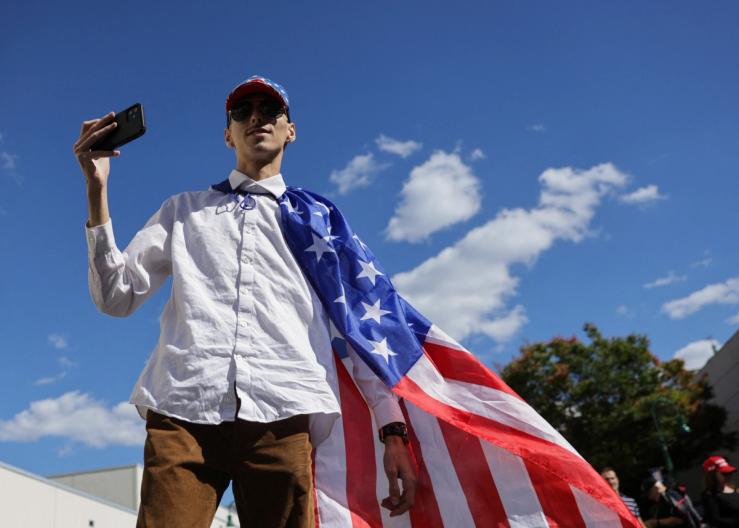The News
Popular US trading platform Robinhood will allow retail traders to bet on specific events, including the 2024 US Presidential election.
Users who want to bet on the election will need to meet certain requirements before they can trade, including proving US citizenship, Robinhood said.
The platform is the latest addition to the increasingly crowded election prediction markets, following a ruling earlier this month by an appellate court in favor of rival platform Kalshi against the Commodity Futures Trading Commission, which had sought to stop such trades. Critics have warned that such prediction markets are not good indicators of the election’s outcome, nor as accurate as traditional polls, which are famously imprecise as prediction tools.
SIGNALS
Betting markets are skewed and might not be as accurate as polls
Betting markets’ proponents argue that having a large crowd of investors and real money on the line could make for a more accurate election forecast, The New York Times reported. Markets tend to be more reactive to real-time developments compared to polls, which can take several days or weeks to compile and analyze. Yet so far, betting markets have not proven to be more accurate than traditional election forecasts in previous cycles. Some platforms have also seen markets skewed by bets: One platform, Polymarket, confirmed last week that a single French trader has spent $45 million betting Trump will win, shifting the entire market.
Proponents argue markets could boost civic engagement
Betting platforms make politics “fun,” prediction market insiders told The Independent, and force users to make decisions based on verified information and quality news. “That’s a good thing for democracy,” said John Phillips, co-founder of New Zealand-based company PredictIt, arguing that betting boosts civic engagement in people who may otherwise have disengaged from politics. One bettor said that markets could also create “a more realistic and less partisan world,” because users place bets based on external trends and probabilities, instead of personal thoughts and feelings.
Election could make prediction markets more mainstream
The soaring engagement in prediction betting this election cycle could boost the industry overall if bettors go on to trade on other “hard-to-predict events,” because of the markets’ ability to synthesize data and information from a diverse array of sources, Vox wrote. Prediction markets could help businesses prepare for supply-chain disruptions, or underscore an evacuation order in the event of a natural disaster. In the future, agencies like the National Institutes of Health could even subsidize niche markets to help predict the success of clinical trials, “giving them a better sense of which drugs seem most promising and worth investing in.”



